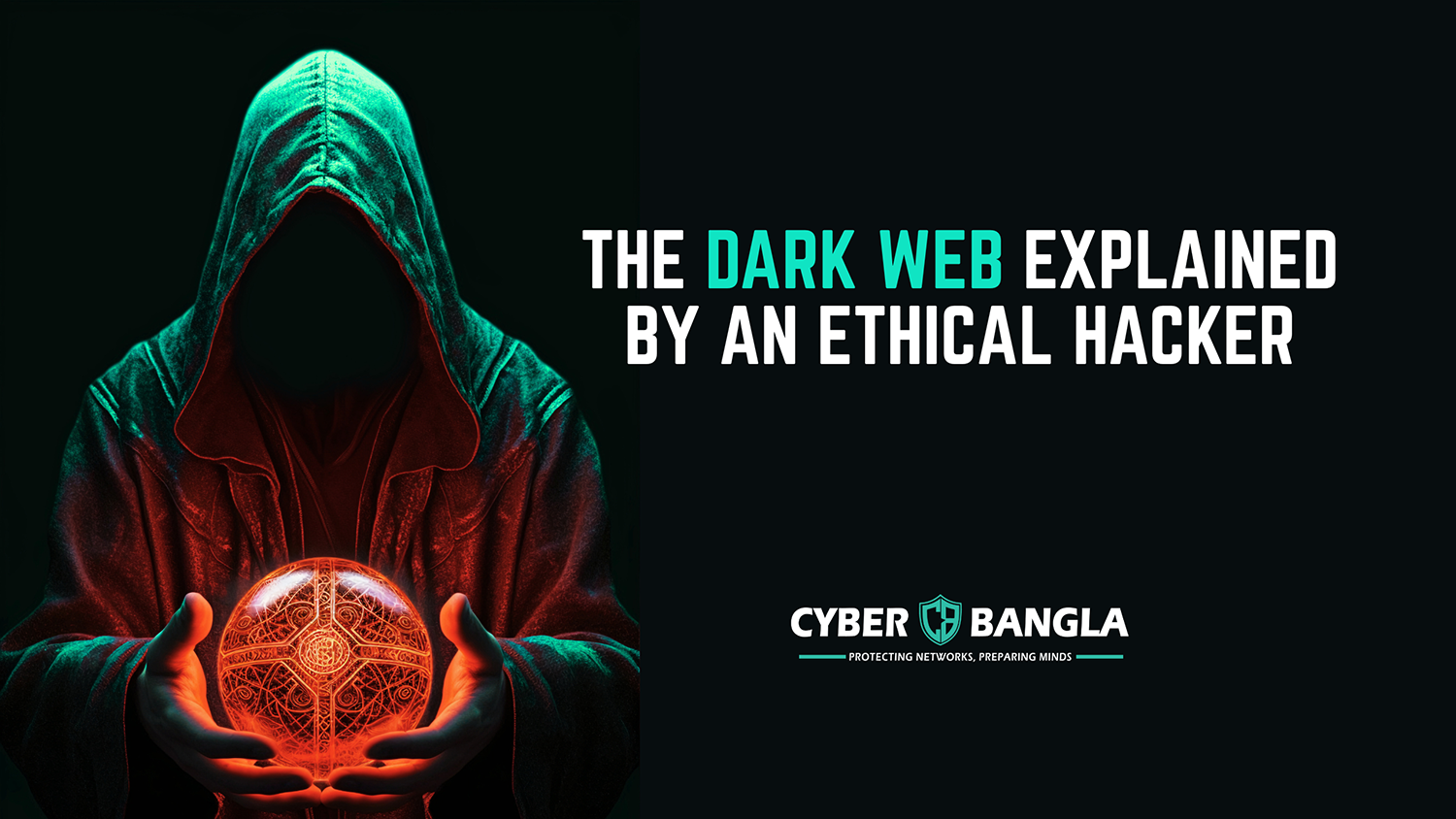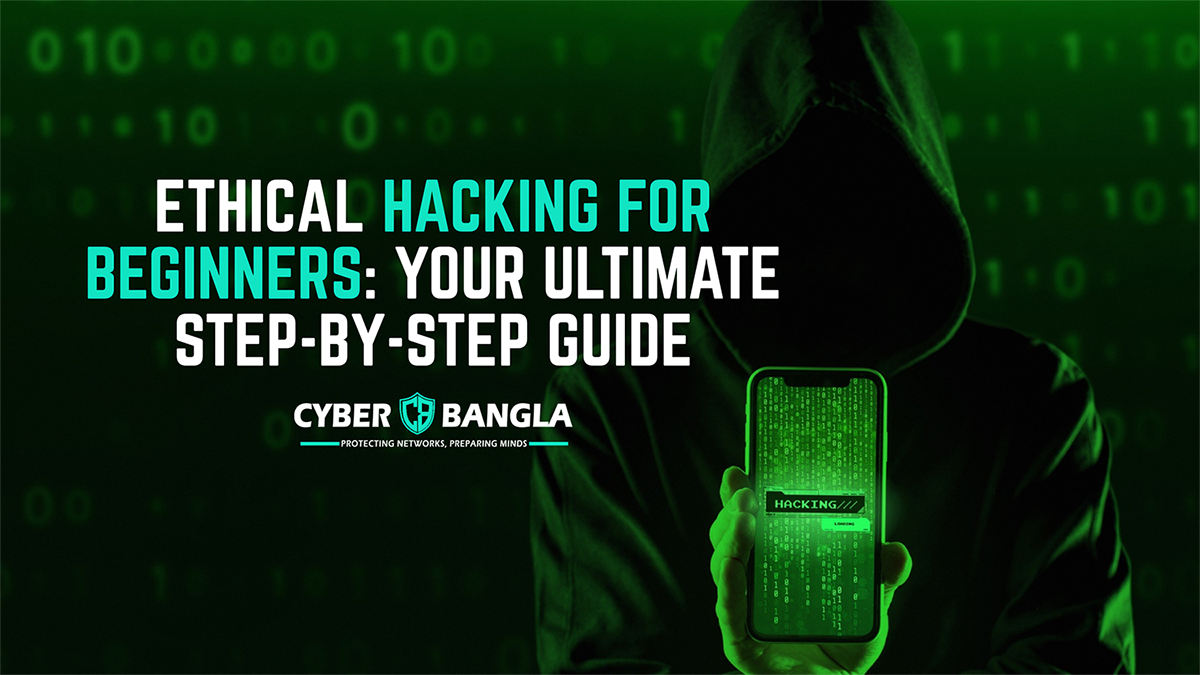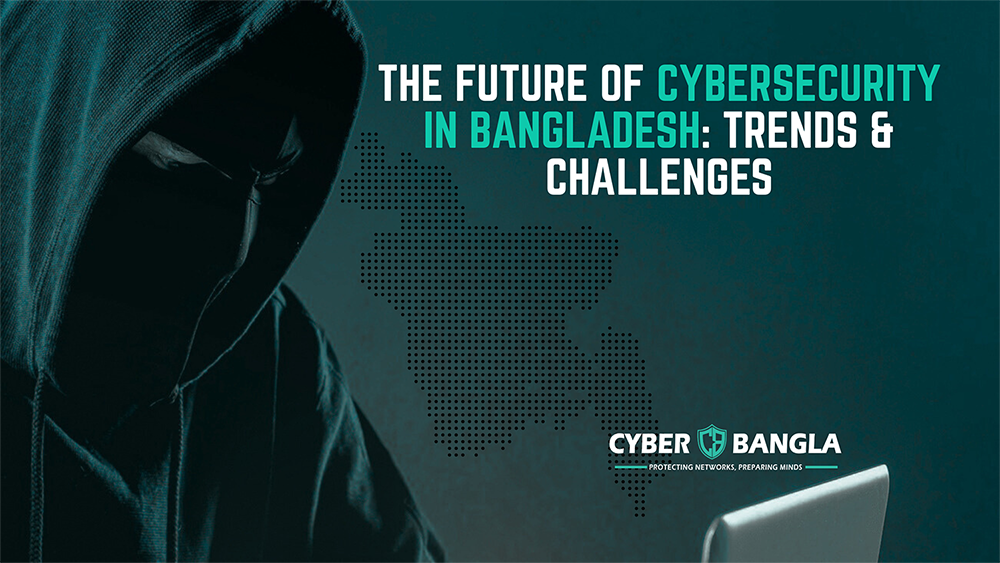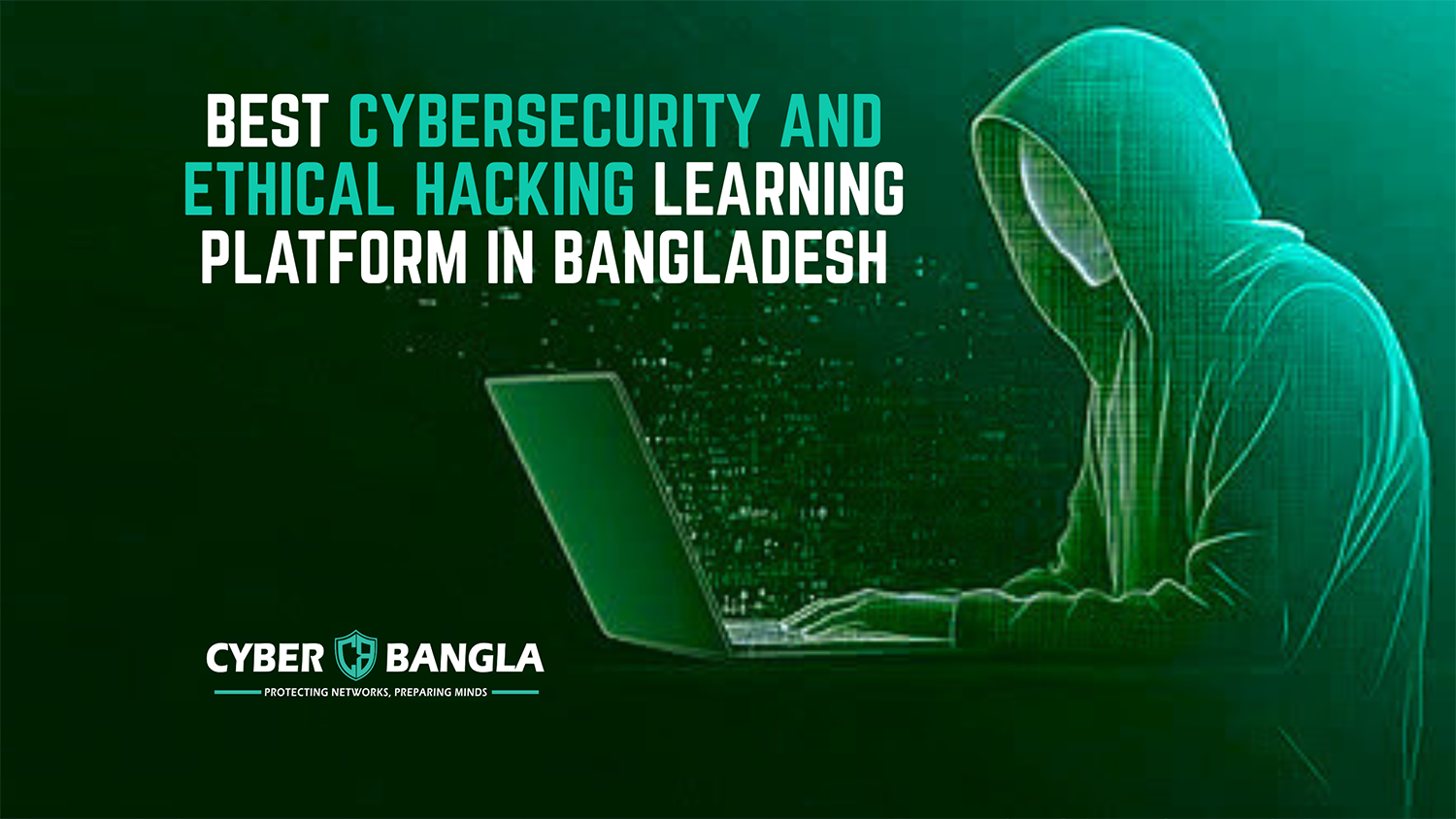The internet we use in our daily lives is just the tip of a massive iceberg floating in the sea. This visible portion is called the Surface Web. Below this tip lies a vast, dark world of data, the Deep Web, and even darker, the infamous Dark Web.
As an Ethical Hacker, I am tasked with understanding the entire digital world, both its dark alleys, to protect systems and data. For Cyber Bangla viewers, I will tell you what the Dark Web is, how it operates, and why it matters to your security.
1. Surface, Deep, and Dark Web: What's the Difference?
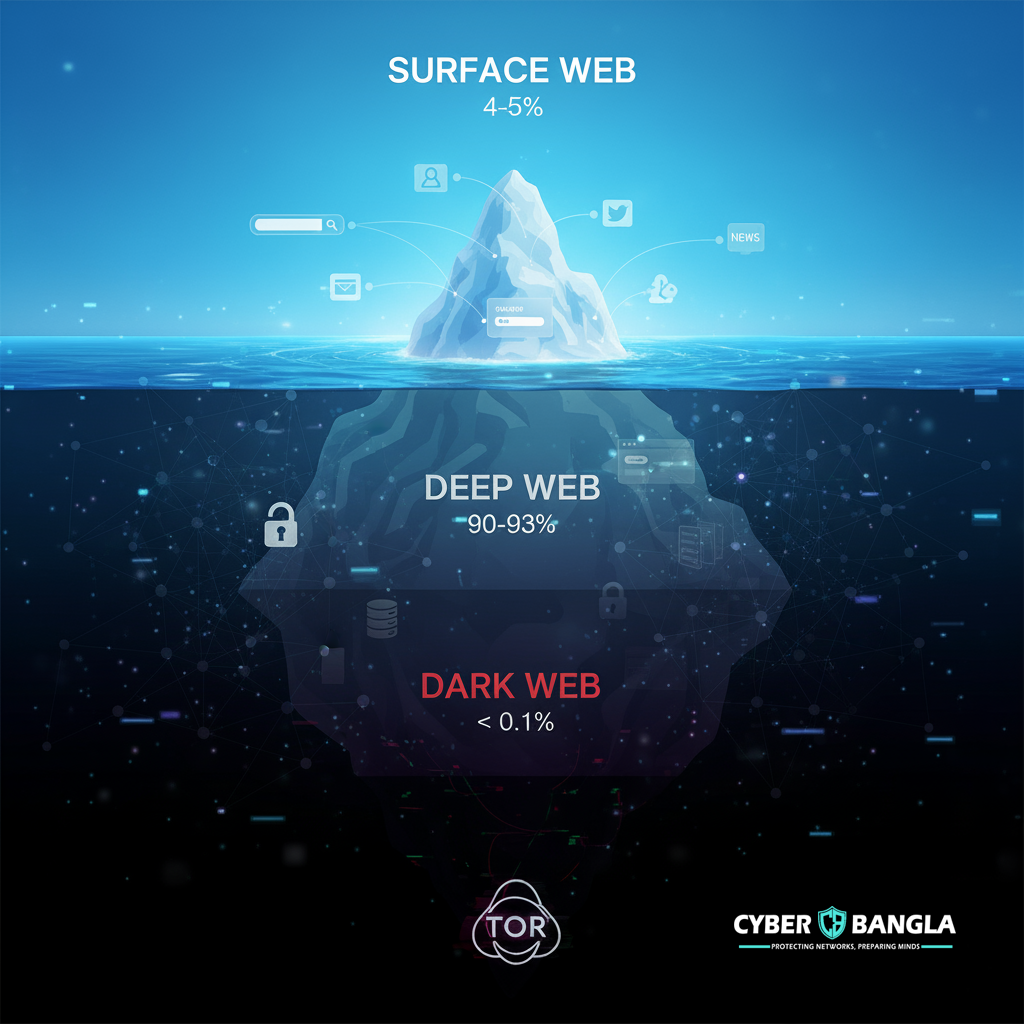 We will follow the iceberg analogy to understand layers of the World Wide Web:
We will follow the iceberg analogy to understand layers of the World Wide Web:
Surface Web: This is the portion indexed by traditional search engines like Google and Bing. Facebook, YouTube, news pages all of these are on the Surface Web. It contains less than 5% of the entire internet.
Deep Web: This is the section that search engines cannot access. It includes your individual email inbox, online bank accounts, cloud storage, and corporate databases of confidential data. To access such information, there is a need for specific login credentials or permission. The Deep Web houses approximately 90% of all web content.
Dark Web: The Dark Web is a small, concealed subset of the Deep Web. It's a network requiring specialized software (like the Tor browser) to access. Its hallmark is complete anonymity, so it's almost impossible to track users or the locations of the sites.
2. Why is the Dark Web So Well-Known?
Though the primary purpose of the Dark Web is to provide privacy, such anonymity has seen it become an ideal hideout for criminals. Things you will come across on the Dark Web are:
Illegal Marketplaces: Where illegal items such as drugs, guns, forged documents, stolen credit card information, and professional hacking software are sold and purchased. Cryptocurrencies (such as Bitcoin) are often used to make payments in untrackable transactions.
Stolen Data Marketplace: Logins and passwords to various web accounts, personal information, and sensitive business data are typically exchanged here. As ethical hackers, we monitor such portions to instantly identify stolen information and help organizations protect it.
Cybercrime Communication: Cyber gangs and hacker groups utilize protected, hidden forums to plan the next attack, share tips, and induct new members.
3. Does the Dark Web Have a Good Side?
While boasting an alarming reputation for illicit behavior, the Dark Web also possesses critical, law-abiding purposes:
Privacy and Free Speech: In countries with oppressive government censorship or limited freedom of speech, political dissidents, whistleblowers, and journalists employ the anonymity of networks like Tor to share information in security, publish secrets without fear of reprisal, and bypass censors.
Secure Communication: Any professional or organization that needs to communicate with clients or sources in a secure manner (e.g., certain news organizations) utilizes this type of network so that their identity and safety can be guaranteed.
4. The Role of the Ethical Hacker
As an Ethical Hacker (White Hat Hacker), my primary goal is to be one step ahead of the attackers (Black Hat Hackers). Our interaction with the Dark Web is purely for security purposes:
Threat Intelligence: We monitor Dark Web forums and marketplaces to ascertain if an organization's data has been compromised or if new hacking tools and techniques of attack are being discussed.
Vulnerability Identification: We look for discussion about potential system vulnerabilities in an effort to proactively update patches and strengthen security defenses for our clients.
Remedial Action: Should we find someone's stolen data on the Dark Web, we make every effort to notify them early and help them take necessary action to protect their accounts.
5. A Word of Warning to Cyber Bangla Readers: Is it Safe to Go?
To the general user, going to the Dark Web is strongly not advised. The dangers are immense:
Malware Exposure: Most Dark Web pages are crafted to appear legitimate but are loaded with malicious software like viruses and spyware that can quietly infect your computer. Legal Risk: While simply surfing usually is not illegal, its close connection with illegal activity can result in difficulties.
Psychological Risk: The Dark Web contains extremely disturbing and illegal content that can be detrimental to your mental health.
My Tip: Put protecting your daily Surface Web surfing at the top of the list. Use a secure password manager, enable two-factor authentication, be careful when giving out personal data, and always use good antivirus and firewall software. Being aware is the first and best step towards cybersecurity.
